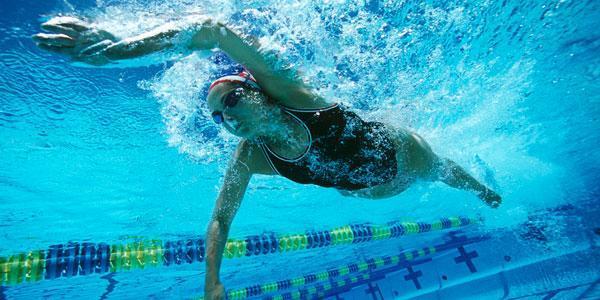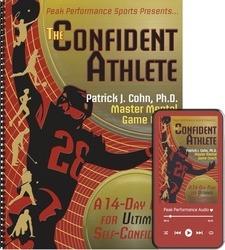
Growing Confidence in Sports
Are you (or your athletes) overly self-critical of your game after losing or a poor performance? If so, you are not alone. Many athletes criticize their performance after a loss–and this is another confidence buster.
If you’re self-critical of your performance and dwell on shortcomings, how will you grow your confidence from competition to competition?
We know perfectionists, for example, tend to be very self-critical and scold themselves for mistakes. How many times after a game have you said, “If only I hadn’t missed those two easy shots, we might have won the game?”
Athletes who are committed to improvement, especially perfectionists, sabotage their confidence by being overly harsh about their performance. When assessing their own performance, these athletes:
- Focus on the mistakes they made
- Are self-critical of their performance
- Can’t remember the good plays or shots
- Disqualify any positives about their performance
- Can’t feel satisfied even when they do well because they never perform up to their high expectations
- Want to perform perfectly and view less than perfect as a failure
Let’s not forget parents… In their efforts to help their kids improve, they can instill a critical mindset: “John, how did you miss those easy passes?” a parent asks after the game.
Often parents are well meaning and want to help their athletes, but sometimes they focus on their athletes’ mistakes or shortcomings.
What can you or your athletes do to avoid this confidence buster? After all, you want to earn confidence with each performance, not tear it down.
Here are a few mental game strategies to consider:
(1) First, try to be objective about your performance (instead of subjective). When athletes are subjective, the emotions take over, such as frustration and anger, and that’s when you can be the most self-critical.
(2) Be your own best coach. How would you look at your game if you pretended to be the most positive coach you know? What are two positive things a coach might tell you about your performance that would make you feel satisfied or more confident about today’s game?
(3) Focus on your assets instead of mistakes. Ask yourself: What are two things you did well in today’s competition? Discuss these first with a teammate, parent, or coach. Avoiding dwelling on the plays, shots, or routines that got away from you.
(4) Focus on how to improve, not shortcomings. Instead of thinking about all the reasons you failed or messed up in today’s game, think about what you want to improve in next week’s practice. Feel confident knowing you’ll work to improve areas that will help you perform better in the next competition.
Do not derail your confidence–the confidence you have gained from years of practice and competition–with self-criticism and self-reproach after you compete.
Related Sports Psychology Articles
- How to Build Confidence Like the Pros
- How to Perform Under Pressure with Confidence
- How to Grow Competition Confidence
*Subscribe to The Sports Psychology Podcast on iTunes
*Subscribe to The Sports Psychology Podcast on Spotify
Download a free sports psychology report to improve your mental game!
Learn more about our one-on-one mental game coaching.
The Confident Athlete

“The Confident Athlete” consists of 2 audio programs that include 14 days of confidence fueling exercises and a simple to follow workbook that guides you through the 14 days, helps you apply the strategies, and customizes the exercises to your personal needs.
Let me help you put a stop to the confidence leak. You can learn to have greater levels of confidence in competition than you do in practice by identifying the specific ways you undermine your own confidence and how to convert your practice confidence into COMPETITIVE CONFIDENCE.
“The Confident Athlete” is a ground-breaking system to teach you how to think like a champion and have ultimate self-confidence every time you step on the playing field, court, track, or course. The confident athletes was developed for any athlete – junior to professional –that wants to gain confidence. However, coaches and sports parents can learn how to teach others to perform with ultimate confidence. Use my program if you want to bust a slump or just wanting higher or more consistent levels of self-confidence.

